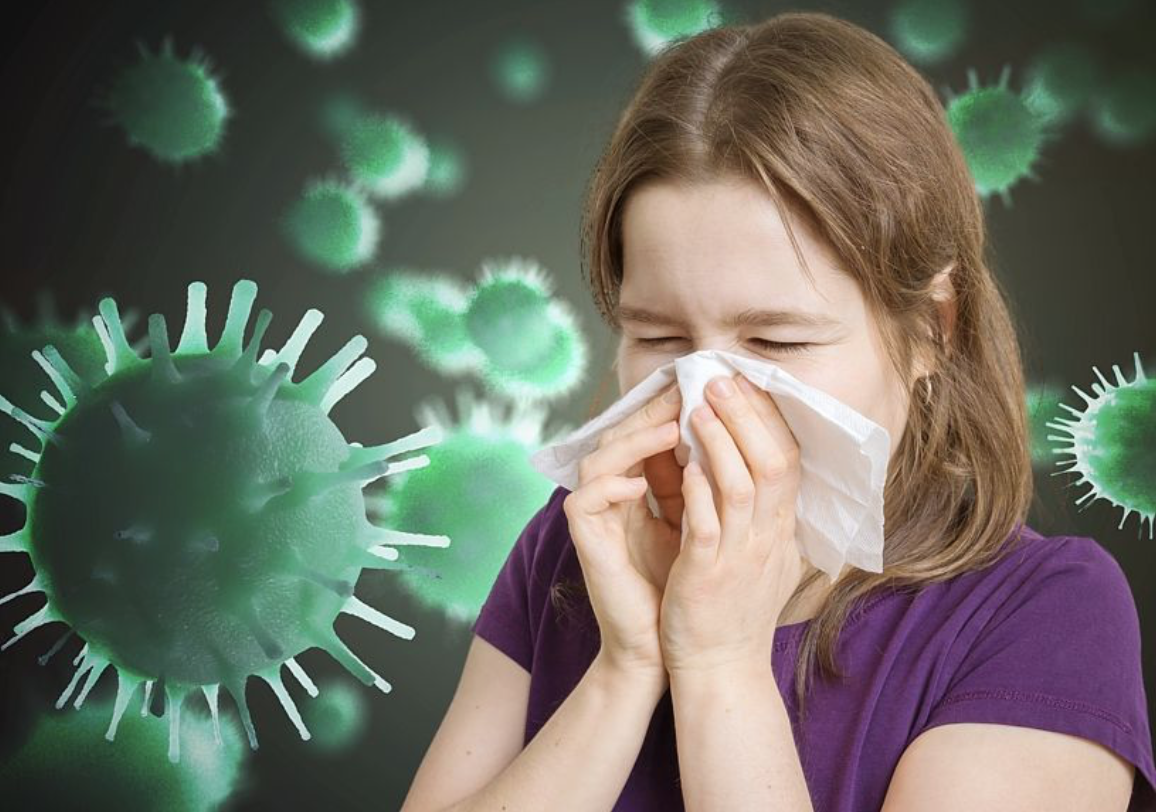 Many people associate cold weather with the flu. Sneezing, scratchy throat, runny nose, sore throat -- everyone knows the first signs. And, according to the CDC, millions of people develop the flu each year in the United States.
Many people associate cold weather with the flu. Sneezing, scratchy throat, runny nose, sore throat -- everyone knows the first signs. And, according to the CDC, millions of people develop the flu each year in the United States.
While the weather is not directly responsible for making people sick, the viruses that causes the flu may spread more easily in lower temperatures, and exposure to cold and dry air may adversely impact the body’s immune system.
Rhinoviruses are the most common cause and are responsible for more than half of all colds and cold-like illnesses.
Rhinovirus infections typically result in mild cold-like symptoms. However, rhinoviruses can also cause more severe illnesses in people with weakened immune systems.
Rhinoviruses typically spread through direct person-to-person contact or when a person inhales the air as small droplets.
Research suggests that rhinoviruses may replicate more efficiently at temperatures lower than 98.6°F, which is the average core body temperature in humans. The temperature inside the nasal cavity is approximately 91.4°F, which may make it an ideal breeding ground for rhinoviruses.
How Does Cold Weather Effect The Immune System?
Many researchers believe that exposure to cold weather can adversely affect a person’s immune response, making it harder for the body to fight off infections. Reasons include:
- Blood vessel narrowing. Breathing in cold and dry air causes the blood vessels in the upper respiratory tract to narrow to conserve heat. This may prevent white blood cells from reaching the mucous membrane, making it harder for the body to fight off germs.
- Reduced vitamin D levels. During the winter months, many people get less vitamin D due to reduced sun exposure. Research suggests that vitamin D plays an essential role in maintaining the immune system.
- Spending more time indoors. People tend to spend more time indoors during winter months, and viruses spread more when people are close to each other.
In summary, viruses, such as rhinoviruses, cause colds and the flu, not the weather. However, exposure to cold weather can increase a person’s risk of contracting a virus. These viruses may survive and reproduce more effectively at colder temperatures, making it easier for them to spread and infect more people. Cold weather may also reduce the immune response and make it harder for the body to fight off germs.

